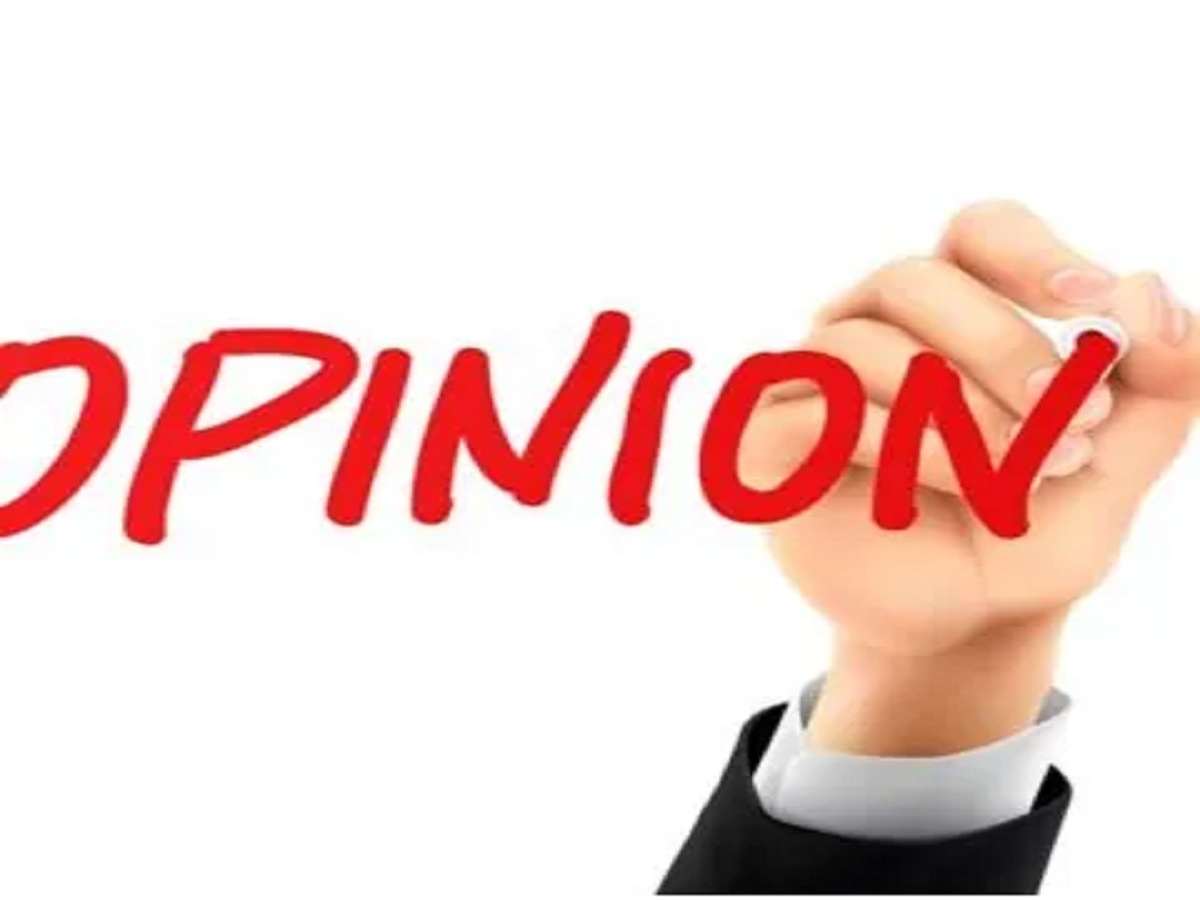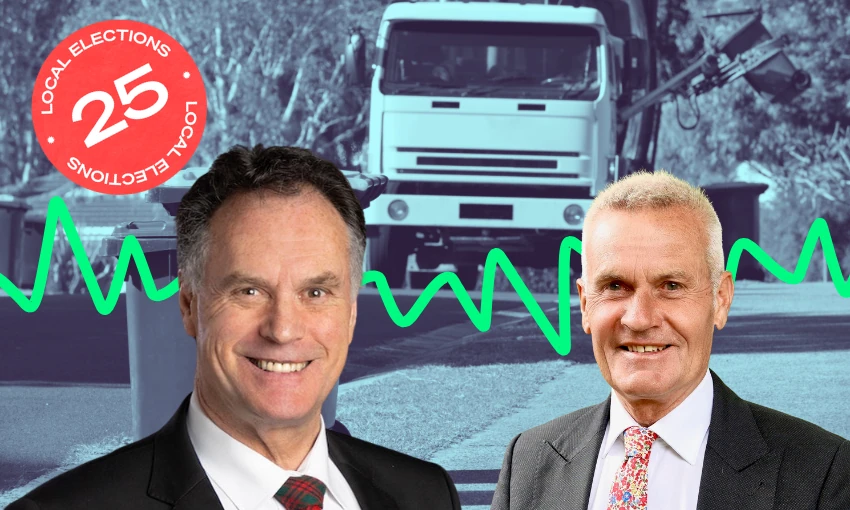By Tribune Online
Copyright tribuneonlineng

By Virginia Adewole
DESPITE its huge economic potential, vast population and abundant resources, Nigeria is passing through excruciating economic challenges. What we are experiencing today is not just a rough patch, but a deep crisis, caused by decades of bad governance, plundering and mismanagement of resources, and heavy reliance on crude oil which undermines economic diversification and sustainable development. Persistent fiscal and economic challenges of budget deficits, public debt and inflation are critical economic issues we have lived with, and we must address. Nigeria’s total public debt as of December 2024 according to the Debt Management Office (DMO) stood at $94.23 billion, as against $88.89 billion in September 2024. This is not a good one. Rising inflation has unleashed economic hardship on a country with high poverty level. Unemployment, inadequate infrastructure and other socio-economic issues are there of course.
In a bold move to revamp the troubled economy, and launch it on the path of sustainable development, the present administration removed subsidy on petroleum products and harmonised the exchange rates. The policies have aggravated hardship. Inflation continues to drive up prices of essential goods like food and fuel. Figures from the National Bureau of Statistics (NBS) reveals inflation rate for the 12 months ending December 2024 stood at 33.24 percent, up from 24.66 percent recorded during the same period in 2023. This did only trigger prices of materials, but also indicates that the struggle against rising costs is far from over. The question is, how do we navigate through the economic challenges, and launch Nigeria on the path of sustainable economic development? A deeper examination of Nigeria’s economy and policy thrust over the years tells me that policy makers should begin to look keenly towards the real estate sector, and be more decisive in using the sector to drive Nigeria’s economy on the path of economic recovery and sustainable development.
Fluctuations and decline in revenue from the oil sector suggest that it is time to take economic diversification more seriously, and begin a gradual shift from oil to real estate. Real estate capacity to deliver sustained prosperity and redistribution of wealth cannot be over-emphasized. Real estate investment has the potential to hedge growing inflation, create employment, reduce poverty, bridge the housing deficit, redistribute wealth and enhance government revenue. Real estate is a vital part of the global economy, and it plays a pivotal role in the socio-economic development of the developed countries because it directly impacts job growth and stability. Real estate is the roadmap to sustainable economic recovery.
The government is currently faced with the trifecta of mounting debts, inadequate infrastructure and low revenue, real estate sector can help to grow government revenue. The sector could level up in contribution to GDP as it is in countries of Europe and America, where it contributes about 18% to GDP. Experts have predicted a contribution of a minimum of 10% GDP to Nigeria’s economy in a few years’ time, as against the present contribution which is very low. Real estate connects to the overall economy from a number of perspectives; it reflects of the overall condition of the economy; it is also the physical infrastructure for economic activities either offices for businesses/governments, shopping malls or markets for retailers, hotels for tourists and business travelers, warehouses and industrial space for manufacturers, and lastly homes for the populace.
Real estate holds the key to addressing the growing economic challenges in our country. Real estate can drive growth and job creation in the economy if harnessed with the right enabling environment by the different levels of governments – federal, state and local governments. By its very nature, the sector involves several value chains that involve labour at every level. Increased activity in the real estate sector will significantly address the nation’s unemployment challenges, support wealth creation and stimulate economic activities that would ensure that people have means of livelihood. And when people have means of livelihood, they will be able to pay tax, which will also be used to refinance the economy. And you will then have multiplier effects, and individual businesses thrives on the back of that.
Until we do this, we might be waiting for a fairly long painful journey out of our economic challenges. As the country endeavours to reduce its poverty level, real estate provides a sustainable approach to getting people out of poverty and providing sustainable prosperity. There is no business that does not require real estate and there is no human being that does not require real estate, so the sector is critical. The potentials are there, the opportunities are there, and now that a semblance of properly focused economy is appearing, if properly managed by policy makers and the government in particular, other sectors including the real estate would thrive. Let me quickly add that professionals and players in the real estate industry need to be more strategic, to advance the practice frontiers and be more relevant in the nation’s landscape. In the intricate context of Nigeria’s economic challenges, the real estate sector offers a beacon of hope, a gold mine waiting to be tapped. If properly harnessed, the Nigerian real estate sector offer the pathway to building a sustainable economic future. Significant investment in the sector, in addition to enabling business environment and financing support for Nigerians can accelerate the sector and its contribution to the growth of the economy and GDP.
•Adewole is an estate surveyor and valuer
ALSO READ TOP STORIES FROM NIGERIAN TRIBUNE



